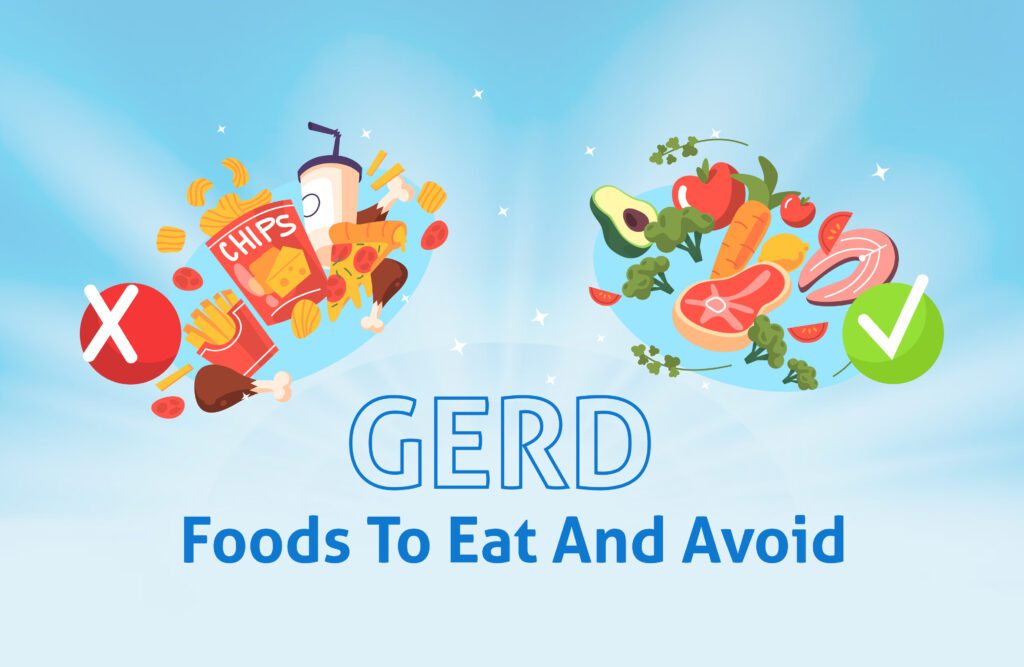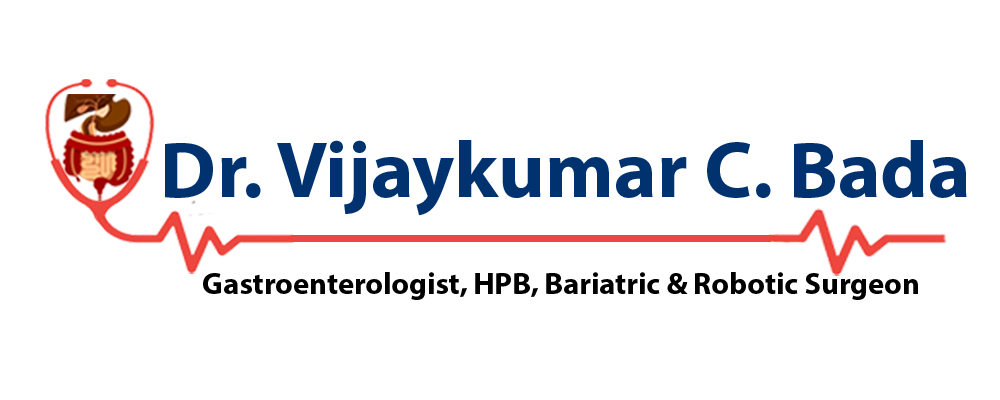GERD: Everything You Should Know

People tend to avoid talking about their stomach and gut problems in casual conversation because of the discomfort associated with their symptoms. Gastroesophageal reflux disease (GERD) is one such gastric issue. It is one of the most commonly observed Digestive disorders in people today and affects up to almost 20% of the population at any given moment. 20-26th November is recognized as GERD Awareness week to make people understand this condition and seek immediate medical treatment.
What is GERD?
When stomach acid flows upward into the esophagus, it is called gastroesophageal reflux disease (GERD). Nausea, vomiting, acid reflux, and heartburn are all possible side effects. When GERD flares up frequently, it can alter the digestive tract’s lining, causing ulcers, inflammation, and other issues.
Who is at risk of developing GERD?
Consuming large amounts of alcohol, eating foods high in spices, and drinking carbonated or caffeinated beverages increase the likelihood of GERD. Changing one’s lifestyle is the most effective way to treat GERD because it results from a poor lifestyle that leads to the disease.
What should you look out for in GERD?
Most people suffering from GERD will experience heartburn, a burning sensation in the chest area. Pain in the chest or abdomen, nausea, vomiting, indigestion, heartburn, and a persistent cough are other symptoms. Nighttime or after eating may bring on a recurrence of these symptoms. In most cases, you may treat these symptoms with over-the-counter drugs, but it’s time to see a doctor if they keep coming back.
When symptoms have persisted for longer than two weeks, it’s time to make an appointment with a gastroenterologist. Intractable heartburn despite the use of OTC remedies. Any fluctuation in the occurrence or severity of heartburn attacks. While GERD isn’t dangerous, chronic cases can lead to complications, including ulcers and cancer.
Though GERD on its own isn’t life-threatening, long-term GERD can lead to the development of severe conditions such as –
- Esophagitis: Where the acid reflux can burn the lining of the food tract, causing ulcers, swelling, and bleeding.
- Strictures: Severe damage to the esophagus that prevents food from reaching the stomach.
- Barrett’s Esophagus: Long-term GERD can result in damage and mutations in the stomach cells. This can lead to the development of Esophageal cancer.
- Esophageal Cancer: The development of cancer due to recurrent exposure to acid can lead to cancer in the lower part of the esophagus and the upper–middle portion.
Tips to Prevent GERD
- Try to maintain a healthy body weight.
- Cut down on Alcohol consumption as alcohol is digested differently in our body and can trigger the lining of the stomach. This same goes for carbonated and caffeinated drinks that can trigger the stomach. These are some of the worst things you can do when experiencing acid reflux.
- Reduce fat consumption – You could still eat egg whites as they are made of protein, but you may want to avoid eating egg yolk, which is rich in fat.
- Eat regular and timely meals, avoid skipping, and keep long breaks between meals. This could lead to acidity in the stomach.
- It is often recommended to avoid citrus fruits as they are acidic. But this is open to individual response, as some people report finding it easier to deal with acid reflux symptoms with lemon and water. In contrast, others say that it worsens the burning sensation.
- Avoid consuming fried and spicy foods as they can result in indigestion and acidity, especially if the person has poor mucosal secretion in the stomach.
- Melons are considered some of the best fruits for those with GERD as they have low acid content and are rich in water. This also includes green leafy vegetables like lettuce and spinach.
- Changing your sleeping position by propping your head with pillows can help prevent the acid from sliding down the esophageal tract.
Treatment for GERD:
Most doctors suggest lifestyle changes as the critical method to deal with the symptoms of GERD. Such as, doctors suggest not going to bed with a full stomach but eat before 2-3 hours earlier to bed and avoiding overeating rather than start taking smaller and more frequent meals. There are some dietary changes that you need to implement to prevent triggering GERD that can differ from person to person. Some excessive intakes that are common to avoid include chocolate, coffee, fried foods, peppermint, spicy foods, and carbonated beverages.
Doctors sometimes prescribe antacids and other acidity regulators to help with heartburn and acid reflux. In addition, proton pump inhibitors and H2 receptor blockers can treat heartburn and repair the esophagus after it has been injured by stomach acid. Prokinetic medicines increase smooth muscle activity to counteract the adverse effects of the acid.
Doctors may suggest a Nissen fundoplication surgery in severe cases to strengthen the barrier against acid reflux. In this surgery, the upper part of the stomach is wrapped around the lower part of the esophagus. Another procedure is the Transoral incisionless fundoplication. The TIF device creates a passage for the movement of a device called an endoscope that allows the doctor to repair the damaged areas.
GERD is a fairly common condition, and there are good ways to treat it. But you shouldn’t ignore the signs of the disorder, and if you feel any pain, you should see a doctor as soon as possible. Early diagnosis can help you get better from this disease, but the best way to deal with GERD is to keep it from happening in the first place.
Also Read: Everything You Need To Know About The Fodmap
Have Any Question?
Are you looking for a solution to your problem? You can call us or just drop your question here.
Stay Connected with
Dr. Vijaykumar C. Bada

Dr. Vijaykumar C. Bada is the best Gastroenterologist in Hyderabad city of Telangana.
- Flexible Appointments & Urgent Care
Dr. Vijaykumar C. Gastroenterologist
Design & Developed by Pointofviewer
Copyright © 2021. All rights reserved.
